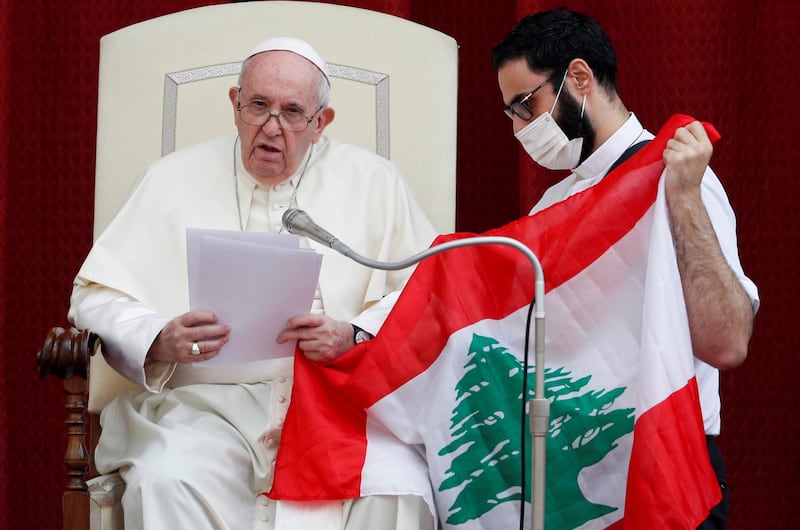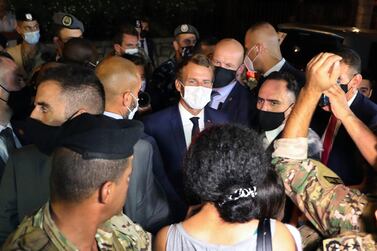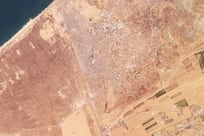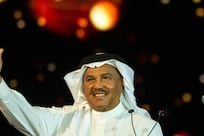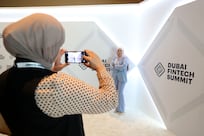Pope Francis has called for a day of universal prayer and fasting for Lebanon as he warned the country faced "extreme danger that threatens the very existence of the country" following last month's massive explosion.
The leader of the Roman Catholic Church focussed on the disaster-hit country almost a month after the huge blast in the Beirut harbour ripped through the city, killing at least 190 people and wounding more than 6,500.
"Lebanon cannot be abandoned to its solitude," the Pope said at his first limited audience with the public in six months after the onset of coronavirus pandemic.
"A month after the tragedy... my thoughts are still with dear Lebanon and its particularly hard-pressed population," the Pope said as he held a Lebanese flag brought to the audience by a young priest.
"Faced with the repeated tragedies that each of the inhabitants of this land knows, we realise the extreme danger that threatens the very existence of this country," he said.
"Brothers and sisters, take courage once more. Let faith and prayer be your strength. Do not abandon your homes and your heritage. Do not abandon the dreams of those who believed in the dawn of a beautiful and prosperous country," he added.
The pope called for Friday, September 4 to be a day of prayer and fasting and added that he will dispatch a representative to Lebanon to convey his message of solidarity.
"I intend to send my own representative to Lebanon that day to be present with its people. The secretary of state will go in my name to express my spiritual closeness and solidarity. Let us pray for Lebanon as a whole and for Beirut. And let us demonstrate our closeness by concrete works of charity, as on other similar occasions. I also invite our brothers and sisters of other religious confessions to join in this initiative in whatever way they deem best, but together as one."
The audience was held in the San Damaso courtyard of the Vatican's Apostolic Palace and gave him the public contact he thrives on.
Visitors had their temperatures checked as they entered the Vatican and nearly everyone among the audience of 500 or so – including Swiss Guards in ceremonial uniforms – wore masks. The public sat in seats arranged to ensure social distancing.
"After so many months, we resume our encounters face to face and not screen to screen, face to face, and this is beautiful," he said to applause at the start of the audience.
Pope Francis clearly enjoyed himself as he walked past guests who had pushed together behind barriers, frequently stopping to converse with them from a distance of one to two metres (yards).
The Pope last held an audience with a public crowd in early March. After that, the coronavirus pandemic forced him to hold virtual audiences transmitted from the official papal library over television or the internet, an experience he described as akin to being "caged".
He blessed children from a distance as he passed on the way to a dais to make his address.
The Pope appeared to be energised by the crowd – even though it was a far cry from the tens of thousands that can be held in St. Peter's Square, where outdoor audiences are usually held.
